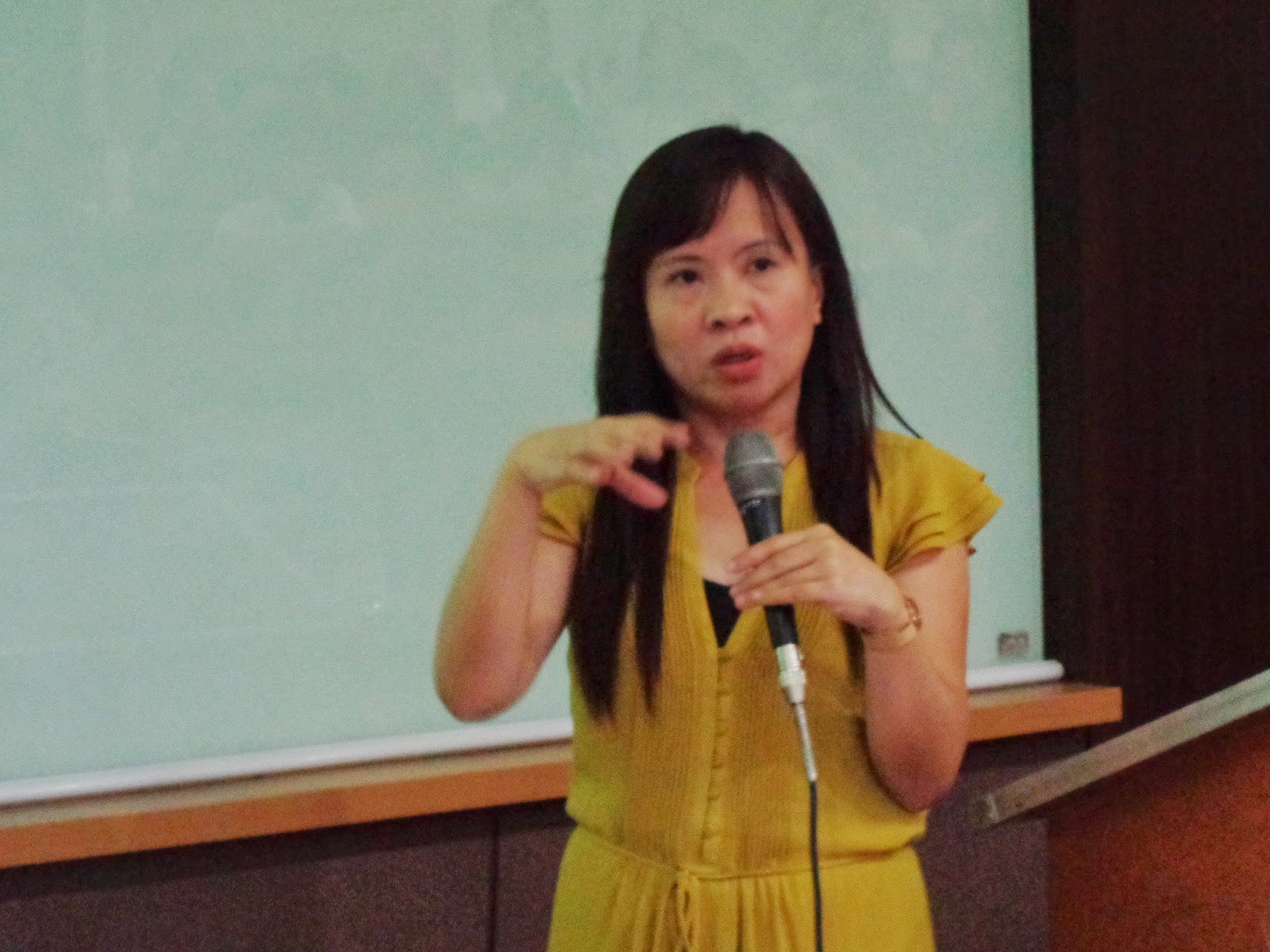The 2014 UP TWSC Public Lecture Series on Natural Disasters
LECTURE 3
Improvising Normalcy, The Normalcy of Improvisations:
Policy and Practice in Post-Disaster Governance
7 November 2014 (Friday), 2:00 – 4:00 p.m.
National College of Public Administration and Governance
University of the Philippines
Diliman, Quezon City
PROGRAM
2:00 – 2:10
Opening Remarks
Maria Fe Mendoza, DPA
Dean
National College of Public Administration and Governance (NCPAG)
University of the Philippines Diliman
2:10 – 2:20
Introduction of the Lecturer and Reactors
2:20 – 3:00
Lecturer
Perlita Frago-Marasigan, PhD
Assistant Professor, Department of Political Science
College of Social Sciences and Philosophy (CSSP)
University of the Philippines Diliman
3:00 – 3:30
Reactors
Kristoffer Berse, PhD
Assistant Professor, NCPAG
University of the Philippines Diliman
Fouad Bendimerad, PhD, PE
Chairman and Executive Director
Earthquakes and Megacities Initiative
Val Barcinal, MD
Department Head
Marikina City Disaster Risk Reduction and Management Office
Marikina City
3:30 – 4:00
Open Forum
Moderators
Maria Faina Diola, DPA
Assistant Professor and
Director, Publications Office
NCPAG
University of the Philippines Diliman
Jely Galang
Deputy Director, Third World Studies Center and
Assistant Professor, Department of History
CSSP
University of the Philippines Diliman
ABOUT THE LECTURE
If Republic Act No. 10121, the Philippine Disaster Risk Reduction and Management Act, is indicative of the role of the pure and applied sciences in Philippine legislation, then the intersection of the scientific and legal domains in the Philippines can best be described as tangential. In 2010, RA 10121 superseded Presidential Decree No. 1566 as the controlling law on disaster preparedness, mitigation, response, and recovery in the Philippines. Among the new law's provisions are definitions of disaster, risk, and related terms, which had no antecedents in the previous law. Notably, most of these definitions are taken virtually wholesale from the United Nations Office for Disaster Risk Reduction (UNISDR), which is hinted at—as the said source is not explicitly acknowledged—by section 2c of RA 10121: “[It shall be the policy of the state to Incorporate] internationally accepted principles of disaster risk management in the creation and implementation of national, regional and local sustainable development and poverty reduction strategies, policies, plans and budgets.” Even the Act’s short title reflects the state’s apparent desire to adhere to the current international discourse on disasters and risk. However, it seems that the legislators behind RA 10121 hardly went beyond designing a law that features the apropos buzzwords and is line with other post-1987 legislation. The Local Government Code of 1991 set five percent of estimated revenues from regular sources to serve as a local government unit’s (LGU) calamity fund. RA 10121 hardly alters this by stating that the said percentage is an LGU’s minimum “disaster risk reduction and management (DRRM) fund” allocation. If the law is truly in line with UNISDR’s definitions of disaster-related concepts—which highlight community specificity and grounded assessments—why does it still mandate what appear to be merely arbitrary allocations for DRRM funds? Why does it fail to order LGUs to empirically determine the basis for disaster preparedness expenses? One can only wonder what the LGUs affected by the twin catastrophes of 2013 would have done had they been forced to base disaster-related expenditures on the studies of people who utilized more robust and reliable indicators for disaster preparedness than hearsay and watered-down memory. In view of increasing unprecedented risks from natural disasters, and possibly the requisite flexibility in disaster policy and governance, it is imperative to give thought to what LGUs will do moving forward—will they pay more heed to the recommendations of disaster scientists and scholars or will they trust that they will always get by on the kindness of local and foreign donors and the resiliency of Filipinos?
KEY QUESTIONS
- In practice, have LGUs been utilizing the leeway given by the law to adjust their annual budget for disaster-related expenses? For example, since RA 10121 came into force, have typhoon-prone LGUs been allocating more than five percent of their estimated revenues from regular sources as DRRM funds?
- Given that RA 10121 and related issuances do not specify how disaster preparedness expenses should be determined—at best providing non-exhaustive lists of what such expenses could be—what bases have LGUs used for deciding, for example, that seemingly interminable disaster readiness workshops should be prioritized over the construction of sturdy evacuation centers?
- If grounded assessments for disaster preparedness purposes are not the norm, have LGUs relied more on improvisational means of dealing with the aftermath of disasters? How can this “new normal,” if at all, be described?
- Is heavy reliance on a community’s “inherent” capacity to adapt and be resilient in the face of, say, the destruction wrought by a catastrophic typhoon a sustainable practice or can we outline a new form of reflexivity among frontliners in the government during natural disasters?
- Moving forward, what can be done after the sunset review of the new law?
Click
here for the concept paper of the lecture.
Click
here for audio-visual documentation of the lecture.
PHOTOS





















